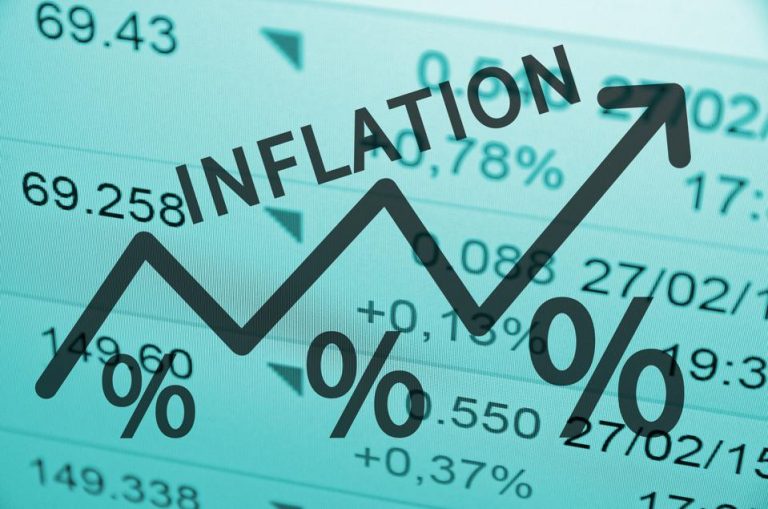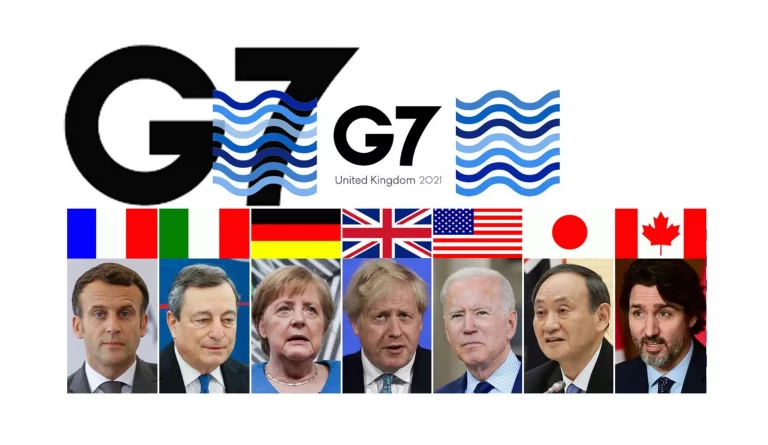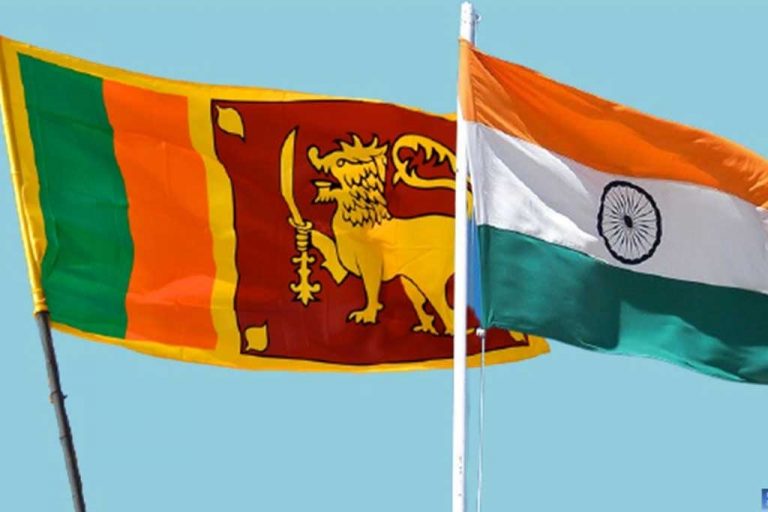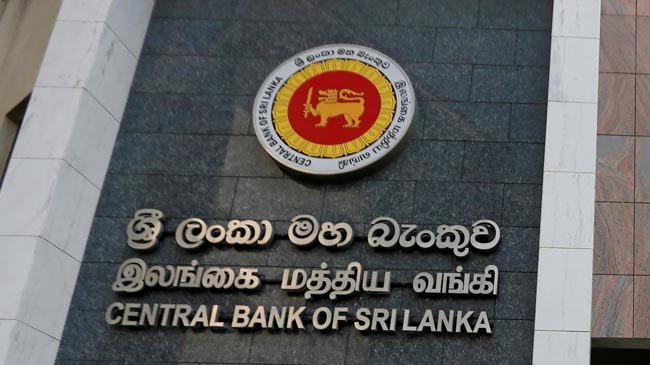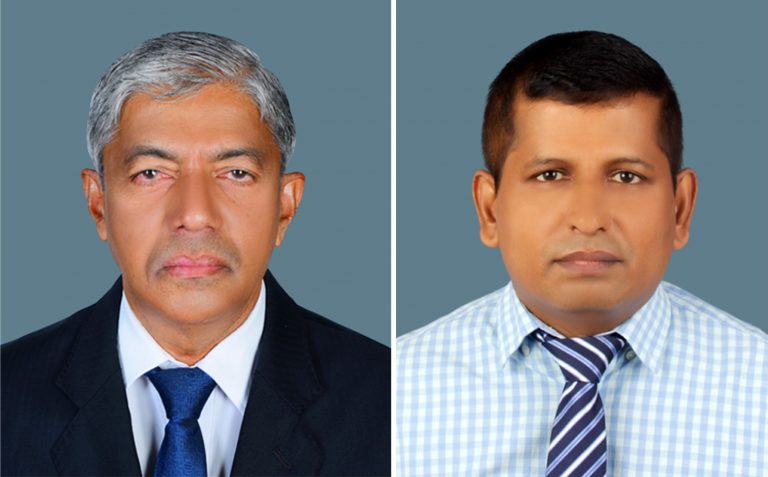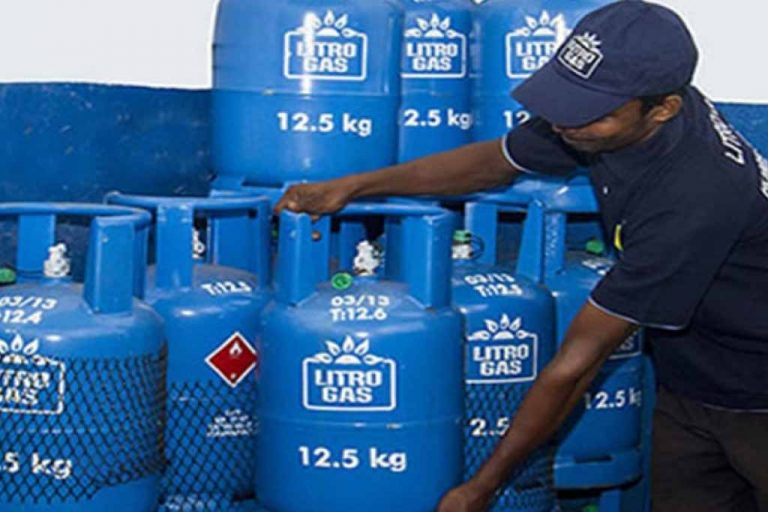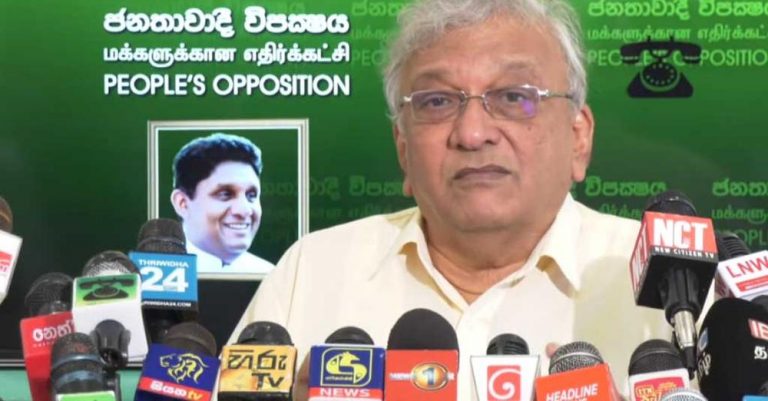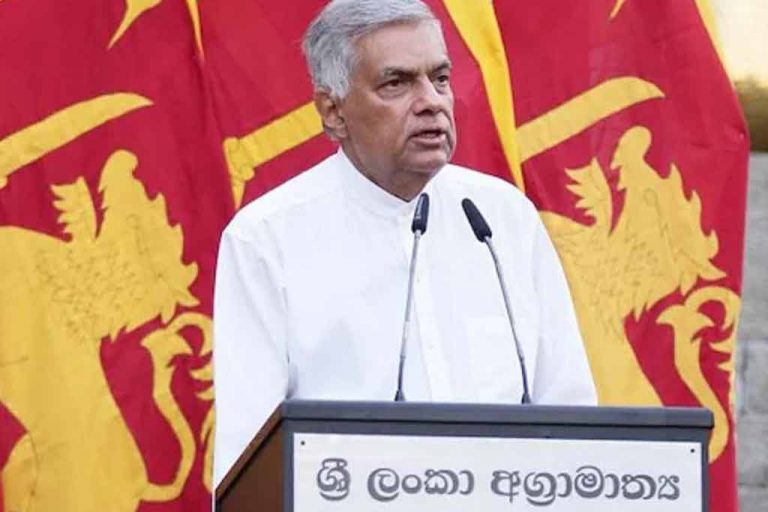US, Japan, India, Australia Should Address Crises Across Region
(Tokyo, May 19, 2022) – Leaders of the United States, Japan, India, and Australia should reach agreements on new measures to address human rights crises and democratic backsliding in Asia, Human Rights Watch said today. The Quad, a security alliance of the leaders of the four countries, is meeting in Tokyo on May 22, 2022.
“The Quad needs to place Asia’s massive human rights and humanitarian crises at the heart of its discussions and decisions,” said John Sifton, Asia advocacy director at Human Rights Watch. “Although each has vastly different causes and features, the human rights crises in Afghanistan, Myanmar, North Korea, and Sri Lanka should all be high on the security agenda.”
A central purpose of the Quad alliance is to counter the rising authoritarian influence of the Chinese government in Asia. To advance that goal, the Quad needs to better promote human rights institutions, democratic governance, and the rule of law domestically and regionally, Human Rights Watch said. Quad leaders should reach common positions on addressing major human rights crises in the region and speak publicly on specific concerns.
On Myanmar, Quad leaders need to move beyond relying on the Association of Southeast Asian Nations (ASEAN) and its failed “five point consensus.” Quad leaders, along with like-minded ASEAN members Malaysia, Indonesia, and Singapore, should agree on a stronger, coordinated effort to steer the Myanmar junta toward reform, including by increasing restrictions on its foreign currency revenues and weapons purchases.
Like-minded countries should develop a clear, time-bound approach to pressure the junta to end its abuses. The approach should include imposing and better enforcing new sanctions on oil and gas revenues, as well as on human rights abusers and military entities. Quad countries should support a United Nations Security Council resolution imposing a global arms embargo on Myanmar, which purchases large amounts of weapons from both China and Russia.
On Afghanistan, Quad leaders should agree to coordinate with other governments to press the Taliban to abandon their restrictive and abusive policies and practices, including bans on women’s secondary schooling and restrictions on women’s travel, employment, and dress. Japan, India, and Australia should urge the US to reach an agreement with Taliban authorities about restrictions in place on the Afghanistan Central Bank and on World Bank-administered assistance for education and health. These restrictions are severely exacerbating the country’s economic situation and are driving its humanitarian crisis.
On North Korea, Quad leaders should agree to integrate human rights issues into diplomatic approaches and support including human rights benchmarks in any future negotiations with Kim Jong Un and the North Korean government. They should also discuss outreach to the government to offer assistance to address the gravely deteriorating economic and humanitarian situation and the new Covid-19 outbreak.
On Sri Lanka, Quad leaders should recognize that the roots of the country’s current economic and political crisis lie in longstanding corruption and a lack of transparency, and that the route to stability and economic recovery depends on increasing respect for human rights, strengthening the rule of law, and ensuring accountability. The Quad should support economic programs, including from the International Monetary Fund (IMF), that seek to protect the most vulnerable from the worst effects of the economic crisis, while promoting political reforms to better protect fundamental rights and seek justice for past abuses.
Quad leaders should recognize that their credibility to speak on human rights abuses also requires addressing the many deficiencies in their own records. Human Rights Watch has extensively raised serious human rights issues for decades with the governments of the US, Japan, India, and Australia.
“The Quad should recognize that working to improve the human rights of people in Asia is consistent with addressing the authoritarianism of the Chinese government,” Sifton said. “Genuine security in the region depends on people in Asia being able to fully exercise their fundamental human rights and democratic freedoms.”
Quad Leaders: Spotlight Rights, Democracy in Asia
Sri Lanka inflation to remain elevated
Inflation is projected to remain elevated in the coming months before moderating thereafter, the Central Bank of Sri Lanka said.
The bank said that headline inflation is projected to remain escalated in the near term on account of domestic supply shortages, increased global commodity prices, the effects of the large depreciation of the Sri Lanka rupee against the US dollar thus far during the year, along with the impact of aggregate demand pressures.
However, inflation is expected to moderate thereafter reflecting the impact of corrective policy measures of the Central Bank and the expected improvements in both domestic and global supply conditions.
Moreover, it is envisaged that the recent tightening of monetary conditions and the strengthening of monetary policy communication will help anchor inflation expectations of the public in the period ahead.
The Central Bank also said that the near term outlook of the tourism sector is likely to remain unfavourable due to both global and domestic factors.
Meanwhile, gross official reserves as of end April 2022 were provisionally estimated at US dollars 1.8 billion, including the swap facility from the People’s Bank of China equivalent to around US dollars 1.5 billion, which is subject to conditionalities on usability.
The Central Bank and the Government have commenced technical level discussions with the International Monetary Fund aimed at working towards a programme to address the macroeconomic challenges faced by the economy, while expeditious arrangements are being made to commence the external debt restructuring process.
Meanwhile, negotiations have already begun with bilateral and multilateral partners to obtain bridging finance in order to secure foreign exchange required to finance imports of essential goods and strengthen the social safety net programmes.
G7 supports debt relief efforts for Sri Lanka
The Group of Seven economic powers support efforts to provide debt relief for Sri Lanka, G7 finance chiefs said on Thursday in a draft communique from a meeting in Germany after the country defaulted on its sovereign debt.
The once-booming island country has suspended debt payments as it grapples with its worst economic crisis since it won independence in 1948, facing shortages of essential goods that have triggered social unrest.
G7 countries said in their statement they were committed to finding long-term solutions for the Indian Ocean nation and urged it to “negotiate constructively” with the International Monetary Fund on a potential loan programme.
“The G7 stands ready to support the Paris Club’s efforts, in line with its principles, to address the need for a debt treatment for Sri Lanka,” they said, referring to the group of mostly rich creditor nations.
The draft statement, which is to be finalised before the end the G7finance ministers’ meeting on Friday, also called on other big creditor nations not in the Paris Club to coordinate with the group and urged them to provide debt relief on comparable terms.
G7 finance chiefs also singled out China, which has become a major creditor to low-income countries, to actively contribute to debt relief for such countries.
Chad, Ethiopia and Zambia have so far sought debt relief under a new G20 common framework, but progress has so far been slow with some officials accusing China of dragging its feet.
India permits SL to settle US $1 bn credit facility in Indian rupees.
The Reserve Bank of India said that India’s trade transactions with Sri Lanka, falling under a recent credit facility agreement with Sri Lanka, may be settled in INR outside the Asian Clearing Union (ACU) arrangement mechanism.
The decision was taken in view of the difficulties being experienced by exporters in receipt of export proceeds from Sri Lanka and the State Bank of India’s credit facility agreement dated March 17, 2022 with the Government of Sri Lanka.
The sanction was given by the Government of India guaranteed USD 1000 million term loan to Sri lanka for financing purchase of essential goods by Sri Lanka from India.
Under the arrangement, financing of export of eligible goods and services from India, as defined under the agreement, would be allowed subject to their being eligible for export under the Foreign Trade Policy of the Government of India and whose purchase may be agreed to be financed by SBI under this agreement.
India recently extended this $1 billion credit facility to Sri Lanka which is in the midst of a severe economic crisis triggered by a shortage of foreign exchange.
The “short term concessional loan facility” will be provided by State Bank of India, under an agreement signed between the two governments
.
“Neighborhood first. India stands with Sri Lanka. US$ 1 billion credit line signed for supply of essential commodities. Key element of the package of support extended by India,” Jaishankar tweeted.
The assistance is to enable Sri Lanka to import food, other essential commodities and medicines from India, and was described by an Indian official as a “humanitarian measure to help the Sri Lankan people during a difficult time”
.
With this, Delhi has provided a total financial assistance of $2.4 billion to Sri Lanka since January, but this will only partially help mitigate the country’s economic meltdown.
A media release from the Sri Lankan High Commission in Delhi said the two sides have agreed to set up a framework for “short, medium and long-term economic cooperation between the two countries, aimed at addressing Sri Lanka’s present economic challenges”
.
Along with India’s emergency financial assistance, Delhi has also conveyed to Colombo that Indian investments in renewable energy, ports, logistics, infrastructure and connectivity will help Sri Lanka build capacity “holistically”, repairing its economy.
Sri Lanka defaults ISB coupon payment for the first time in its history
Sri Lanka has committed default for the first time in its history as the government struggles to halt an economic meltdown that triggered mass protests and a political crisis.
Policy makers had informed creditors that the nation wouldn’t be able to make payments until the debt is restructured, and is therefore in pre-emptive default,
Central Bank Governor Nandalal Weerasinghe said at a briefing Thursday. The coupon payments, originally due April 18, were worth $78 million combined on notes maturing 2023 and 2028, with a 30-day grace period that expired on Wednesday.
Sri Lanka Missed $78M Bond Coupon, $105M China Payment April 18. Sri Lanka has been mired in turmoil amid surging inflation — which Weerasinghe sees accelerating to 40% in coming months — a plummeting currency and an economic crisis that has left the country short of the hard currency it needs to import food and fuel.
Public anger has boiled over into violent protests and led the government to announce last month it would halt payments on its $12.6 billion pile of foreign debt to preserve cash for essential goods.
That marks the nation’s first sovereign debt default since it gained independence from Britain in 1948. Its bonds are among the worst performers in the world this year and trade deep in distressed territory, with holders bracing for losses approaching 60 cents on the dollar.
Many of Sri Lanka’s bonds have so-called cross-default clauses, which drag all the outstanding dollar debt into default if there’s a missed payment in a single bond.
On the debt due in 2023 and 2028, the clause is triggered if any payment that exceeds $25 million is not met. The country was already declared in selective default by S&P Global Ratings in late April.
Sri Lanka is in talks with the International Monetary Fund for a bailout and needs to negotiate a debt restructuring with creditors. The country has previously said it needs between $3 billion and $4 billion this year to pull itself out of crisis.
“It’s not a surprise,” said Guido Chamorro, the co-head of emerging-market hard-currency debt at Pictet Asset Management, which holds Sri Lankan bonds. “It was well flagged and mostly priced with most bonds priced in the high 30s.”
Tighter global credit brought about by a litany of factors — Federal Reserve interest rate hikes, soaring commodity costs, the war in Ukraine — have had a devastating effect on the low-income country, which is the biggest sovereign issuer of junk dollar bonds in Asia. And all that’s after the pandemic reduced tourism earnings by more than three quarters.
Weerasinghe said on Thursday that he’d like to see a Finance Minister appointed to sign off on any aid agreements. However, the political situation has improved with the appointment of a Prime Minister and Weerasinghe said that gives him comfort to continue in his job. Last week he had threatened to quit if political stability doesn’t return soon.
“With prime minister and cabinet in place, and parliament in session, Sri Lanka is in a better place and seems to be going in the right direction,” Weerasinghe said. This is perhaps the best time to invest in Sri Lanka as we offer an attractive rate of return, he added.
JPMorgan Chase & Co. on Wednesday turned overweight on Sri Lanka’s dollar bonds, saying recent events point toward political stability, which could pave the way for discussions with the IMF and debt restructuring talks.
New Anthoney’s Farms resilient and reaffirms poultry supply amidst economic challenges
17th May 2022
Photo caption:
- New Anthoney’s Farms Chairman/Co-Founder Emil Stanley (L) and CEO Neil Suraweera
With the view of ensuring consumers continue to enjoy their favorite chicken brand, New Anthoney’s Farms (Private) Ltd, a name synonymous with the domestic poultry sector recently reaffirmed its position to provide adequate and uninterrupted supply of its meat range amidst feed shortages and the growing challenges facing Sri Lanka’s economy.
The poultry industry speculates production to contract by one-fifth this year primarily due to the surging feed costs as import of the raw materials for feed is raising alarm because of the impending dollar shortage, resulting in access and availability of good quality and nutritious feed becoming scarce.
‘We are closely monitoring the current situation and engaging with key stakeholders to take proactive and timely measures in encountering the various challenges imposed. This is a time where collaboration plays a crucial role in getting the poultry industry back on its feet and strengthening its ecosystem and value chain,’ commented Emil Stanley, Chairman/Co-Founder of New Anthoney’s Farms.
The Haritha Hari concept at New Anthoney’s Farms is an all-natural process that is nutrient-rich and free from any antibiotic or hormones including its feed completely made of natural ingredients. It follows strict biological measures and farming practices, adhering to animal welfare standards in line with that of the National Chicken Council, USA. It was also the first and only poultry producer in Sri Lanka to embrace biodegradable measures in their food packaging process.
In the last two years despite the unprecedented pandemic, New Anthoney’s Farms made a bold move to establish its presence globally, yielding orders from some of the key international markets for its Anthoney’s and NoBiotic Chicken brands and achieving an export income of USD 1.5 million for the year 2021/22. This has enabled the company to also bring in the much-required forex into the country.
‘We have expanded our state-of-the-art production facilities in the recent years to cater to the increasing demand locally and internationally. We have put together a well-defined export strategy with the aim of becoming one of the leading meat exporters in Sri Lanka renowned for its world-class green standards and sustainable practices,’ added CEO Neil Suraweera.
Chicken is undoubtedly one of the most widely consumed meat products across the world, enjoyed by Sri Lankan households in their everyday cooking and New Anthoney’s Farms takes great pride in being a part of it. The company is GMP, HACCP, and ISO 22000 certified with local and international halal accreditations and the only poultry producer in Sri Lanka to receive the Greenhouse Gas (GHG) Verification Statement from Control Union in accordance with the ISO 14064-1:2018 standards.
The COPE Committee orders to appoint a Managing Director for Litro immediately
The COPE Committee today (20) directed the government to immediately appoint a Managing Director to Litro Gas Company.
Following a request made by Prime Minister Ranil Wickremesinghe to summon the officials of the Litro Gas Company to appear before the COPE Committee at 11.00 am today, all the top officials of the COPE Committee had been summoned to appear before the Committee.
All the details of the company’s activities were discussed at the meeting and it was revealed that the Chairman of the Litro Gas Company, Engineer Vijitha Herath, has also been appointed as the Managing Director of the company.
Vijitha Herath is also the Chairman of Sri Lanka Insurance Company, the largest shareholder in Litro, and is officially the Chairman of Litro. In addition, he is currently the Managing Director of Litro Gas and has encountered practical problems.
Due to a large number of duties, Vijitha Herath faces practical difficulties of operating a litro gas and as a result, it is often too late to make the necessary decisions.
Accordingly, COPE Chairman Prof. Charitha Herath today directed the government to appoint an independent person with knowledge of its function to the post of Managing Director of Litro Gas as soon as possible.
Disciplinary action will be taken against Harin and Manusha – Kiriella
Chief Opposition Whip Lakshman Kiriella says that disciplinary action will be taken against Harin Fernando and Manusha Nanayakkara who joined the government today (20).
He stated in Parliament today that disciplinary action would be taken as taking over ministerial posts in this manner was against the policies of the Samagi Jana Balawegaya.
G7 backs debt relief efforts for Sri Lanka – draft communique
KOENIGSWINTER, Germany, May 19 (Reuters) – The Group of Seven economic powers support efforts to provide debt relief for Sri Lanka, G7 finance chiefs said on Thursday in a draft communique from a meeting in Germany after the country defaulted on its sovereign debt.
The once-booming island country has suspended debt payments as it grapples with its worst economic crisis since it won independence in 1948, facing shortages of essential goods that have triggered social unrest.
G7 countries said in their statement they were committed to finding long-term solutions for the Indian Ocean nation and urged it to “negotiate constructively” with the International Monetary Fund on a potential loan programme.
“The G7 stands ready to support the Paris Club’s efforts, in line with its principles, to address the need for a debt treatment for Sri Lanka,” they said, referring to the group of mostly rich creditor nations.
The draft statement, which is to be finalised before the end the G7finance ministers’ meeting on Friday, also called on other big creditor nations not in the Paris Club to coordinate with the group and urged them to provide debt relief on comparable terms.
G7 finance chiefs also singled out China, which has become a major creditor to low-income countries, to actively contribute to debt relief for such countries.
Chad, Ethiopia and Zambia have so far sought debt relief under a new G20 common framework, but progress has so far been slow with some officials accusing China of dragging its feet.
THE REUTERS
Ranil’s miracle comeback
Sri Lanka’s current economic crisis is nothing short of an economic tsunami. The former Deputy Governor of the Central Bank Dr. W.A. Wijewardena, said in a newspaper interview recently “In every respect, Sri Lanka is a bankrupt country,” adding that the challenge of the new interim government was to make it solvent. “If Wickramasinghe fails, Sri Lanka will also fail, not in the next few years but for the rest of the period Sri Lanka will be nonentity as a nation,” he warned.
Crisis
The economic crisis is largely man made. Starting with the huge cuts in tax revenues, suspending the IMF program and the squander of the Forex, given the pandemic. As a result, money printing has been Rs. 4 trillion. Overall inflation is now at 30% and food inflation over 50%, according to inflation tracker Steve Hanke of Johns Hopkins University, it is over 151%. Sri Lanka’s forex sector is the worst affected. Foreign reserves have fallen from $ 7.6 billion in December 2019 to a usable foreign reserve level of less than $ 25 million at end April 2022. The net foreign assets of the Central Bank are negative at $ 4.4 billion at the end March 2022. The rupee is under huge pressure, there is limited forex in the formal banking system, and a lucrative black market is thriving. The CBSL has officially suspended foreign debt servicing, which amounts to a default. Taking the crisis to another level. Therefore, Sri Lanka is now an insolvent country. Making Sri Lanka a credit worthy country will be an enormous task and cannot be done without the assistance of Sri Lanka’s long-standing friends such as India, Japan, China, UK, USA and South Korea.
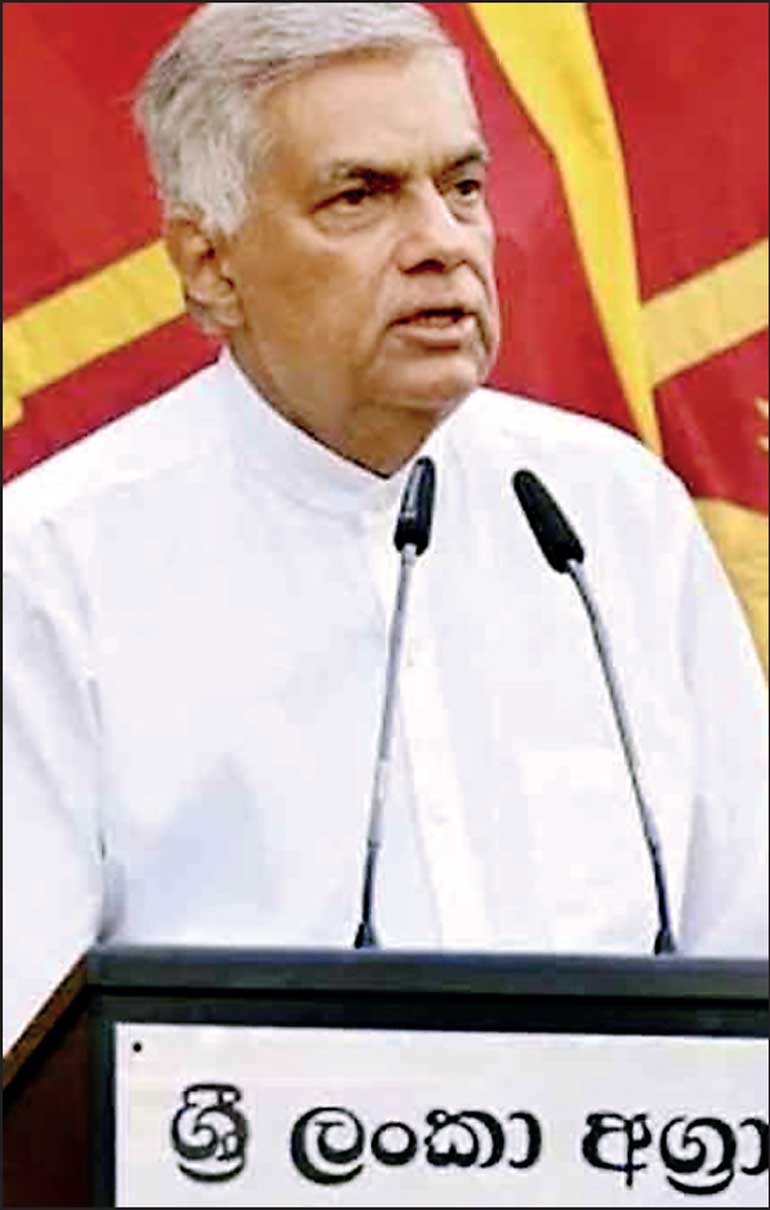 We need leadership and inspiration to come out of this crisis We need leadership and inspiration to come out of this crisis |
Ranil’s appointment
The appointment of Ranil Wickramasinghe as PM was nothing short of a miracle. Nobody in their wildest dreams would have thought it was possible. But it has now happened. The appointment of Ranil Wickramasinghe is timely. Given his vast experience. This is his opportunity to create a legacy, given all what has happened in the past.
The new Prime Minister in a statement said, “Last Thursday, I accepted office as the Prime Minister. I did not request this position. In face of the challenging situation facing the country, the President invited me to take up this position. I assumed this duty not only as a political leader, but also as a national leader who has benefited from free education.”
He went on to say at present, the Sri Lankan economy is extremely precarious. Although the former government’s budget projected a revenue of Rs. 2.3 trillion, Rs. 1.6 trillion is the realistic projection of this year’s revenue. In November 2019, our foreign exchange reserves were at $ 7.5 billion. However, today, it is a challenge for the treasury to find $ 1 million.
The Ministry of finance is finding it difficult to raise the $ 5 million required to import gas. He concluded by saying the next couple of months will be the most difficult ones of our lives. We must prepare ourselves to make some sacrifices and face the challenges of this period. My objective is to save all the people of this country and the future of our younger generation. I will undertake this task willingly risking my life if needed and will overcome the challenges facing us. I ask you to extend your support to me in this endeavour, he concluded.
Way forward
The expectations of the Prime Minister are very clear, fix the oil and gas queues ASAP. Bring back the 19th amendment, prosecute those who have plundered and mismanaged the economy and fix the Forex liquidity in the economy. The first two can be done with the support of Sri Lanka’s friends. The 19th will require the political will of the 225 in Parliament. The people will not stop protesting until this is accomplished. Fixing the economy will require time, skilled people and objective action. We can no longer rely on bureaucrats to take the lead. They have failed us and failed us miserably. We need leadership and inspiration to come out of this crisis. The Prime Minister has the maturity of a Statesman. What he does in the next three months will either make Sri Lanka the next Sudan or help to regain Sri Lanka’s soul again.


